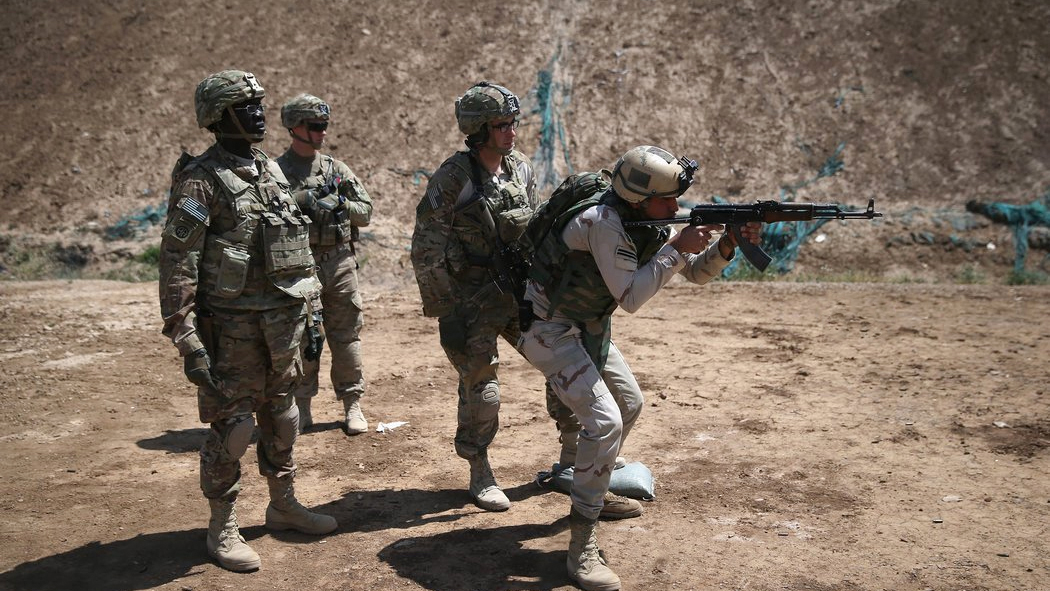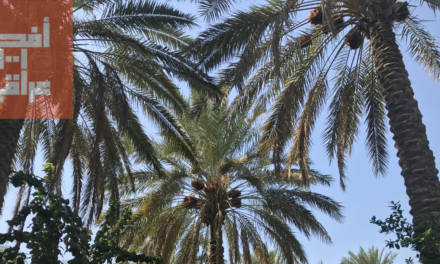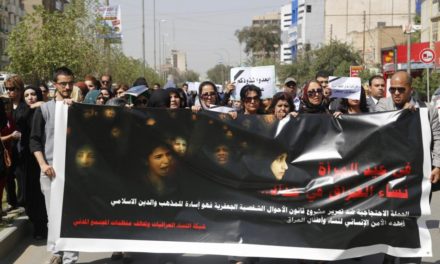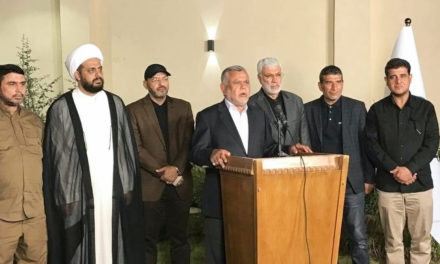The Iraqi parliament at the start of this month passed a non-binding motion requesting Iraqi Prime Minister, Haider Al-Abadi, to set up a timeline for the withdrawal of foreign troops in Iraq following the end of the war against Daesh. Despite the motion being non-binding, Abadi responded to the motion in his weekly press conference stating that the number of foreign troops is decreasing as Daesh has been militarily defeated but these troops remain present on Iraqi soil to support Iraqi military institutions through further training and rebuilding of combat capabilities.
This parliamentary motion is the cause for a lot of headlines, but it is important to be mindful of the heated political atmosphere Iraqis are living in with less than sixty days until they go to the polls. Although the official campaign season doesn’t start until April 11th, many parties seem to have started political posturing early.
It may be true that the presence of foreign troops is first and foremost a national issue and it should come as no surprise that representatives of the Iraqi people are concerned with the continued presence of foreign troops on Iraqi soil. However, the timing and circumstance of this question is much different to that of 2010 when the request for American withdrawal was being discussed. This time around, instead of just the Sadrists, more parties close to Iran are being vocal in parliament. For example, Al-Fateh coalition, which includes many Popular Mobilization Unit parties, is determined to challenge U.S. influence in Iraq by opposing the presence of American troops. The largest party in the coalition, the Badr Organization currently with over 20 seats in parliament, said that the presence of US troops “will be the cause of turmoil.”
In addition, State of Law coalition, headed by former Iraqi Prime Minister Nouri Al-Maliki—a former U.S. ally—is also calling for the withdrawal of all foreign troops from Iraq. Maliki gradually started to move in Iran’s direction after losing the premiership in 2014. His opposition to U.S. troops in Iraq should be understood in that light. This complicates the picture even further, because Maliki is still a dominant player in Iraqi politics, and along with his allies in Al-Fateh, he might become the most dominant force if the elections go his way.
American and other foreign troops are currently in Iraq at the request of the federal government in their training and assistance mission to defeat Daesh. This is one of the two obvious differences when discussing foreign troops in Iraq, then and now.
The second is that foreign troops are not present in the streets of Iraq today like the Americans were from 2003 to 2009, before they retreated to military bases, and eventually, in 2011, withdrew completely. Today they are confined to the military bases of the Iraqi Security Forces and therefore are out of sight to the general Iraqi public. According to Prime Minister Abadi, no aircraft lands or takes off from the bases without the permission of the Iraqi government. Hence, the calls for foreign troop withdrawals are nowhere near as loud today as they were in 2011. The situation is completely different and so the reason behind the parliament vote for a timeline was a political move to feign nationalism and win over votes come election day on May 12th.
There has been negative media coverage of this non-binding motion in the West and while it is over-exaggerated, it should not be forgotten that this is an Iraqi issue that gives Iraq’s politicians every right to discuss and vote on. However, for Iraqis it is important to understand the political motive behind such a vote and not lose focus on the importance of continuing to rebuild the military and security institutions of the Iraqi state so we can truly have a viable timetable to have foreign troops pull out of Iraq. Both Western and local observers must bear in mind that the Iraqi prime minister is the commander-in-chief of the armed forces and he decides what the Iraqi Security Forces require for training, advice and assistance.
The circumstances today are different from seven years ago and history has taught us that rushing to make decisions purely on political motives and not practical ones will end up causing Iraqis more unnecessary bloodshed because we were too arrogant to keep the expertise of allied states to help us combat terrorist activity. If Iranian pressure is to push foreign allies out of Iraq, remember it is not Iranians sacrificing their lives to defend Iraq. Iraq’s political class must do what is best for Iraq and its citizens, and no one else.

Hamzeh Hadad
Hamzeh Hadad is an Iraqi writer and commentator. He is currently a Master of Arts candidate at the Norman Paterson School of International Affairs.










